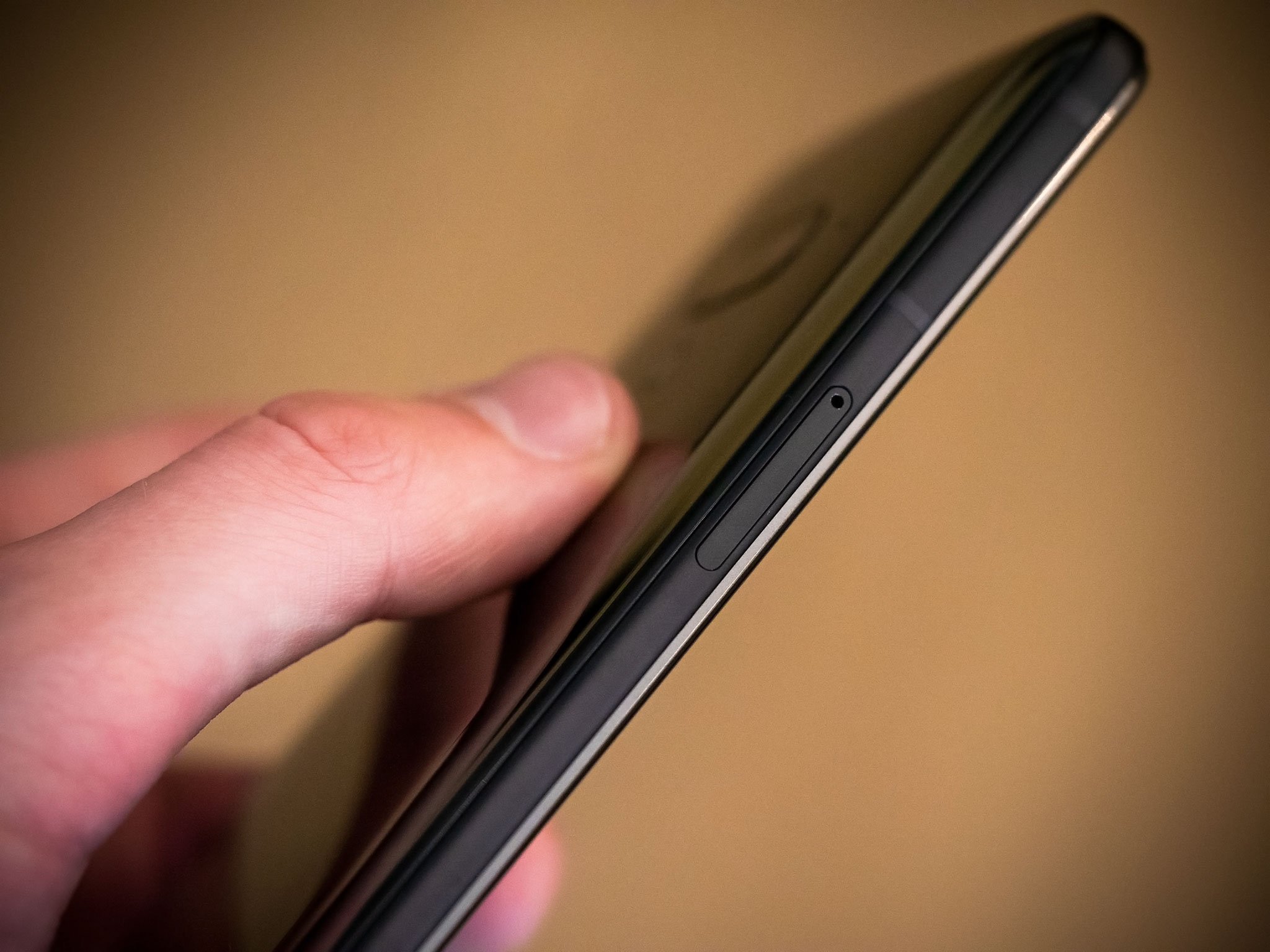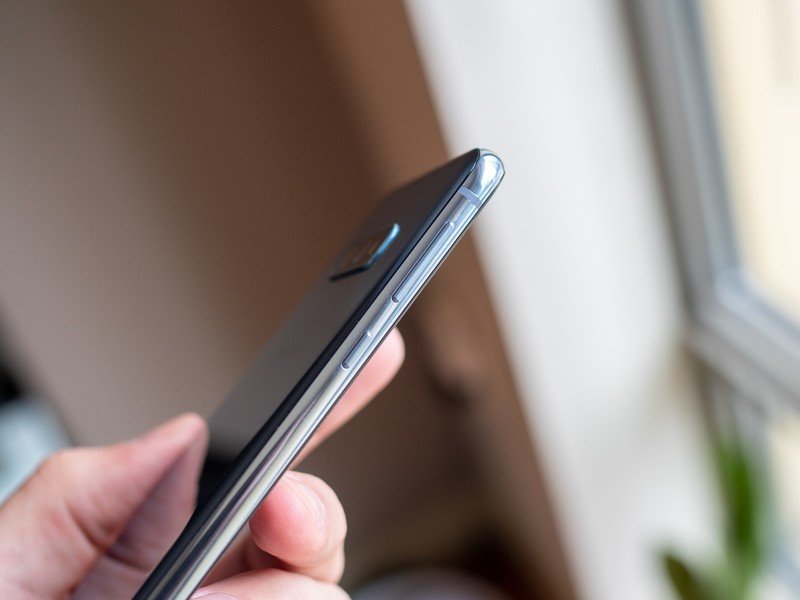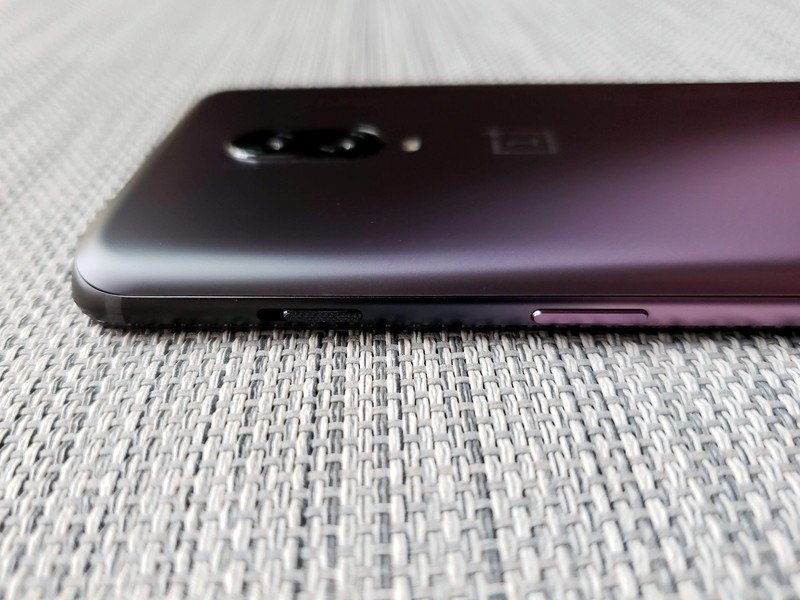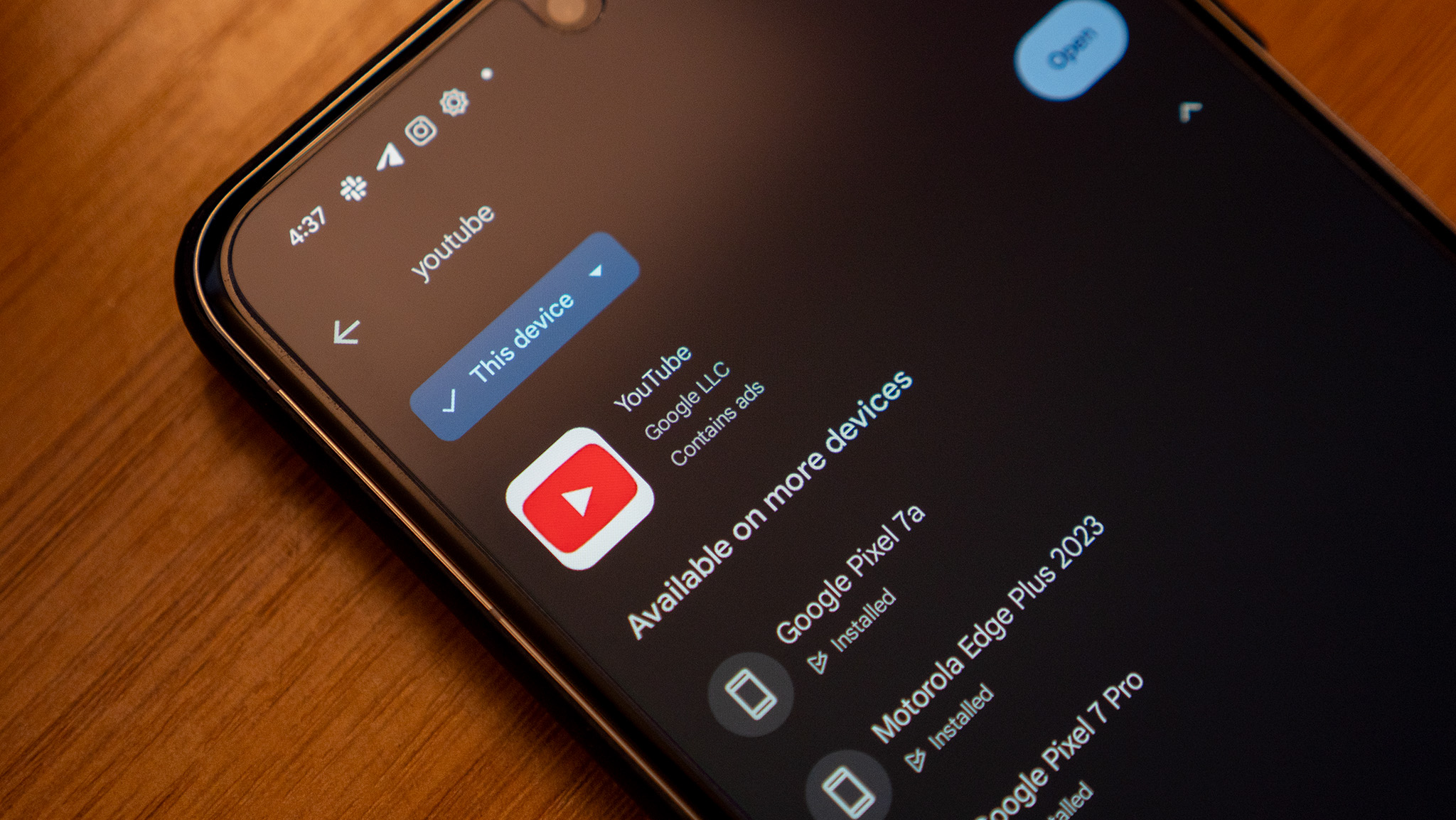Buttonless phones are a cool idea that serve no real purpose

Get the latest news from Android Central, your trusted companion in the world of Android
You are now subscribed
Your newsletter sign-up was successful
A couple of weeks ago, I wrote an editorial complaining about in-screen fingerprint sensors — going as far to say that they're the worst thing about phones in 2019. I'm still not a fan of them, but I will acknowledge that I may have been a bit harsh with some of my wording. I personally prefer regular side and rear-mounted sensors, but there is room for in-screen sensors to improve. When that happens and their speed is up to snuff with traditional sensors, I'll be happy to eat crow.
Now, I'm ready to complain about something else — buttonless phones.
Last week, a report came out claiming that the Galaxy Note 10 won't have any physical buttons and instead have pressure sensitive sensors on the frame to do things like adjust the volume and turn the phone on/off.
The argument for buttonless phones, at least right now, is that they make the handset more durable as there aren't moving parts of any kind — allowing for a sturdier frame and better waterproofing. However, I call BS on that. Case in point, the HTC U12.

HTC released the U12 in 2018, and as you might remember, its biggest claim to fame was the fact that it didn't have real buttons. There were still "buttons" for the power/lock button and volume rocker, but they didn't actually press in. Instead, they were merely pressure-sensitive sensors that activated once enough force was applied.
Buttonless phones don't contribute anything meaningful to the conversation.
At launch, the phone was a hot mess — so much so that we couldn't recommend buying the U12 because the buttons were that bad. HTC did eventually push out a software update that resolved our complaints, but at that point, it was too little too late.
Outside of being something to use in marketing and promo materials, the lack of buttons on the U12 didn't contribute anything meaningful to the phone. It was just as sturdy as anything else on the market and came equipped with IP68 dust/water resistance. You know, the rating that pretty much every flagship phone has.
Get the latest news from Android Central, your trusted companion in the world of Android
That's the kicker. Even if buttonless phones get to the point where they aren't hot garbage at launch, we're not gaining anything. We're still left with a weird alternative for a nonexistent problem.
Buttons may seem like a nontrivial part of a smartphone, but when implemented correctly, they do add a lot to the day-to-day experience. There's something satisfying about good, tactile buttons. They add a tangible interaction to a device that you otherwise interact with by tapping and swiping on a sheet of smooth glass. Furthermore, with things like Google Assistant and remappable Bixby buttons, you can perform various actions without having to even look at your phone.

Sure, vibration motors can be used to simulate a response like we saw on the U12, but unless Android OEMs manage to steal Apple's Taptic Engine, the physical feedback currently available just cannot compare to a real, clickable button. Apple mimicked the feel of a button quite remarkably with the iPhone 7 and 8's home "button", but we've yet to see anything come close to this in the Android space.
Is it weird to get this worked up over buttons? Maybe. I'm also someone who really goes nuts over vibration motors and haptic feedback, so I wouldn't be surprised to be in the minority with this train of thought. Even so, this is another hill I'm willing to die on.
As much as I dislike in-screen fingerprint sensors, I admit that they could be quite useful once the tech improves. If/when the speed and reliability issues are worked out, we'll be able to have phones with large, bezel-less displays and a front-facing fingerprint sensor to unlock it. With buttonless phones, all we'll end up with is a worse way to change the volume and turn our screens off.
Counterpoint: Bring on the portless phones and keep the weird ideas coming

Joe Maring was a Senior Editor for Android Central between 2017 and 2021. You can reach him on Twitter at @JoeMaring1.
